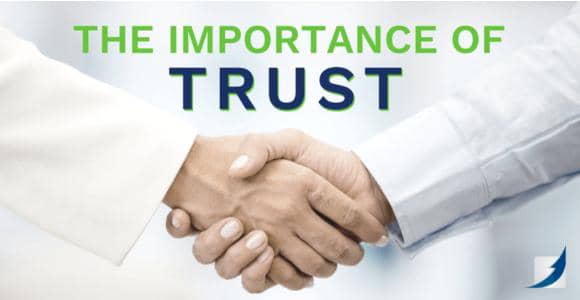
Our customer support team is here to answer your questions. Ask us anything!
Chat with us on WhatsApp

Written By: Flipbz.org
Trust is the cornerstone of any successful economic system. It underpins transactions, facilitates trade, and fosters innovation. Without trust, economies cannot function efficiently, as uncertainty and risk deter investment and consumption. This article examines the pivotal role of trust in modern economics, exploring its influence on markets, institutions, and global trade.
Markets thrive on the assumption that participants will act in good faith. Trust reduces transaction costs by minimizing the need for extensive contracts, monitoring, and enforcement mechanisms. For example, consumers trust that banks will safeguard their deposits, enabling the smooth operation of financial systems.
Conversely, a lack of trust can disrupt markets. The 2008 financial crisis, triggered by mistrust in mortgage-backed securities, demonstrated how eroded confidence can lead to economic instability.
Governments and institutions play a critical role in fostering trust within economies. Transparent policies, consistent enforcement of laws, and anti-corruption measures build confidence among investors and citizens. Countries with high levels of institutional trust often experience robust economic growth and stability.
Trust in organizations also matters. Companies that prioritize ethical practices and social responsibility often enjoy stronger consumer loyalty and investor confidence. Brands like Google and Microsoft have built reputations for reliability, making them leaders in their respective industries.
In the globalized economy, trust extends beyond borders. International trade relies on trust in agreements, regulatory standards, and supply chain integrity. Organizations like the World Trade Organization (WTO) and trade agreements like the EU Single Market foster trust by providing frameworks for cooperation.
However, geopolitical tensions and trade disputes can erode trust, hindering economic growth. For instance, the U.S.-China trade war created uncertainty, impacting global markets and investment.
In a world increasingly skeptical of institutions, rebuilding trust is imperative. Businesses and governments must prioritize transparency, accountability, and ethical practices. Engaging with communities, addressing grievances, and demonstrating commitment to shared values can restore confidence.
Trust is the bedrock of modern economics, influencing everything from individual transactions to global trade. In an era of rapid change and growing skepticism, fostering and maintaining trust is more important than ever. By prioritizing transparency and ethical practices, businesses and governments can build resilient
, thriving economies.
Please register to comment.
With these components in place, your business...
Open the Listing model file located in the ap...
Discover promising partnership opportunities in various industries.
Pitch Your Startup | Find Partners
Comments